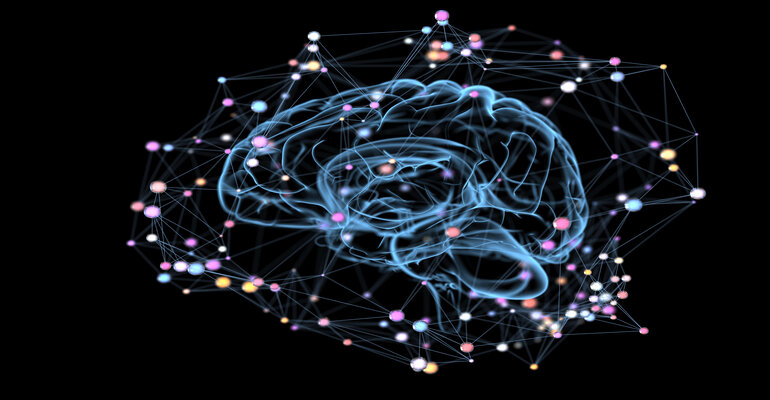Results of a recent study showed that Cumulus Neuroscience’s “dry” EEG is easy-to-use and can yield clinical-grade data in large-scale, real-world investigations.

Cumulus Neuroscience, a global digital health company, yesterday announced positive results from a study published in Frontiers in Digital Health examining the company’s at-home “dry” electroencephalogram (EEG) headset technology and gamified cognitive tasks in unsupervised older and younger adults.
Cumulus’ biomarker platform provides “dry” EEG recording systems to be used at-home, compared to traditional lab-based “wet” EEGs. The use of a “dry” EEG can lower the trial burden for patients and create a better opportunity for the collection of real-world, longitudinal data. Additionally, according to the company, the platform enables central nervous system clinical trials on a bigger scale, meaning a more accurate measure of the progression of brain disorders and can result in faster approval of trial therapies.
"This latest study adds to the growing body of evidence supporting the use of at-home, dry EEG measurements as an effective and less burdensome alternative to lab-based tests, including a companion study published in Frontiers in Psychiatry last year," said Florentine M. Barbey of the School of Psychology, Trinity College Dublin, Ireland, co-author of the paper and research scientist at Cumulus Neuroscience.
The study included two separate patient cohorts—older and younger adults—who collected data from home over a several week period using a wireless dry EEG system interfaced with a tablet for task presentation. The first cohort of older adults (n = 50; 25 females; mean age = 67.8 years) collected data for 6 weeks, while younger male adults (n = 30; mean age = 25.6 years) collected data for 4 weeks. Both cohorts completed gamified versions of a visual Oddball task and Flanker task five to seven days per week. After data was collected the usability of the system was evaluated using participant adherence, percentage of sessions successfully completes and quantitative feedback using the System Usability Scale.
“In total, 1,449 EEG sessions from older adults (mean = 28.9; SD = 6.64) and 684 sessions from younger adults (mean = 22.87; SD = 1.92) were collected,” study investigators wrote.
Collected results showed that older adults had successfully completed 93% of the requested sessions and reported a mean usability score of 84.5 compared to younger adults who completed 96% of sessions and had a mean usability score of 88.3.
Based on the results, investigators concluded that at-home gamified EEG aggregation of data has superior precision to single lab-based sessions. Additionally, the study wrote that only two to four dry EEG sessions are required to match the quality of wet EEG recordings.
"We are… encouraged to see such high adherence and engagement compared to other methods of measuring cognitive decline,” Barbey said. “Facilitating frequent, at-home assessment in CNS research will help address current difficulties in collecting longitudinal data that better demonstrates subtle changes in cognition over time, allowing for a better understanding of how brain disorders progress and how interventions may affect them."
About the Author(s)
You May Also Like




